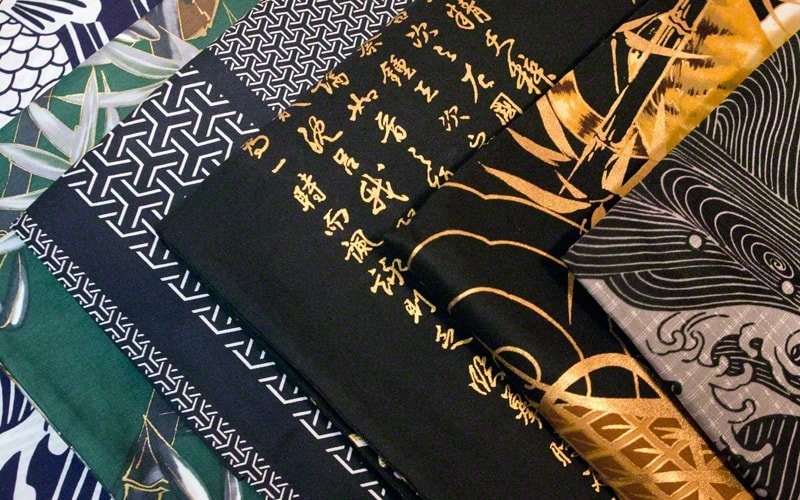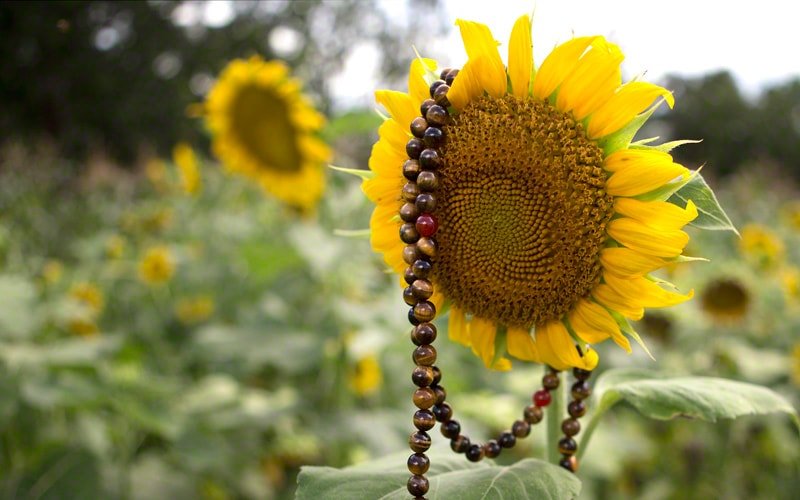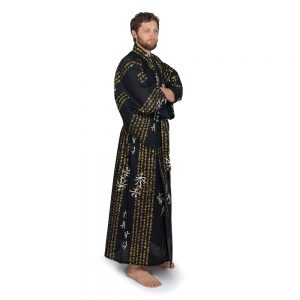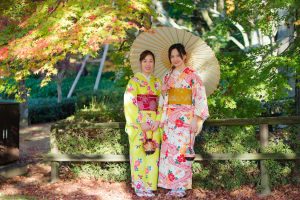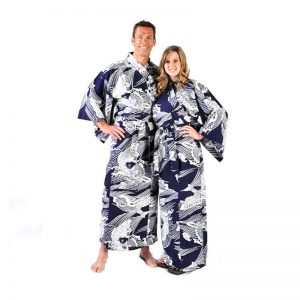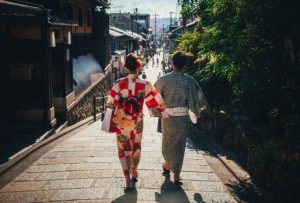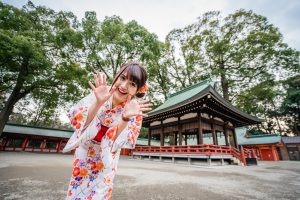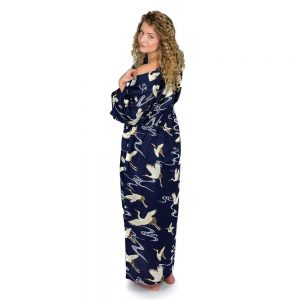In the world of fashion, certain garments have withstood the test of time and cultural shifts, maintaining their elegance and relevance. Among these timeless pieces is the kimono—a traditional Japanese garment that has captivated the world for centuries. While often associated with women, it’s time to break the stereotype and understand that kimono are not just for women. Men love wearing kimono and yukata too, and for good reason!
A Brief History of Kimono for Men
The kimono, which translates to “thing to wear,” has deep historical roots in Japan, dating back to the Heian period (794-1185). Initially, both men and women wore kimono as a standard form of dress. Over time, the designs and styles evolved, becoming more gender-specific and occasion-based. For men, kimono evolved into garments worn for formal occasions, festivals, and martial arts. Today, they continue to be a symbol of cultural heritage and identity.
Style and Fashion
Kimono for men come in various styles, each with its unique charm and purpose. Here are the key types:
- Montsuki: A formal kimono typically worn with family crests. Often seen at weddings, tea ceremonies, and other formal events.
- Yukata: A casual cotton kimono worn during summer festivals or at hot springs (onsen). It’s lighter and more comfortable, perfect for relaxed settings.
- Hakama: Traditional pleated trousers worn over the kimono. Often seen in martial arts like Kendo and Aikido.
Modern Interpretations
In recent years, fashion enthusiasts and designers have reimagined the men’s kimono, blending traditional elements with contemporary styles. You can now find kimono-inspired jackets, robes, and even streetwear that pay homage to this classic garment. This modern twist makes the kimono more accessible and versatile, allowing men to incorporate it into their everyday wardrobe.
Comfort and Versatility
One of the most compelling reasons men love kimono and yukata is the comfort they offer. Made from natural fabrics like cotton and silk, these garments are breathable and suitable for various climates. The loose fit allows for free movement, making them ideal for both relaxation and formal events. Whether you’re attending a wedding or lounging at home, a kimono can provide unparalleled comfort and style.
Breaking Stereotypes
The resurgence of kimono for men is also a step towards redefining masculinity. In a world where traditional gender roles are continually evolving, wearing a kimono can be a statement of cultural appreciation, individuality, and confidence. It’s about time we break the stereotype that kimono are solely for women and celebrate the versatility and elegance they bring to men’s fashion.
How to Wear a Men’s Kimono
Wearing a kimono properly is an art in itself. Here are some basic steps to get you started:
- Undergarments: Start with traditional undergarments like the juban.
- Kimono: Wrap the kimono left over right and secure it with an obi (belt).
- Footwear: Pair your kimono with traditional wooden sandals called geta.
- Accessories: Consider adding a haori (jacket) or a hakama for added flair.
For those new to kimono, there are plenty of resources and tutorials available online to guide you through the process.
Conclusion
From tradition to trend, the men’s kimono revolution is here to stay. These garments offer a unique blend of history, style, and comfort, making them a valuable addition to any man’s wardrobe. If you’re looking to redefine your style and make a statement, now is the perfect time to explore the world of kimono and yukata.
Ready to elevate your wardrobe? Discover our curated collection of men’s kimono and experience the perfect blend of tradition and modernity. Shop our online Kimono Shop today and find the kimono that speaks to you.

